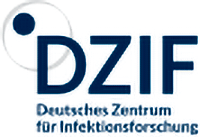Sprecher:
Prof. Dr. Achim Hörauf, (IMMIP Bonn)
Prof. Alexander Yaw Debrah, (Kumasi Ghana)
Projekt:
Fadenwürmer oder Filarien sind Parasiten, die von Stechmücken auf den Menschen übertragen werden. Mit mehr als 200 Millionen Infizierten sind vor allem die Bevölkerungen Afrikas und Asiens von dieser vernachlässigten Tropenkrankheit betroffen. Bei starkem Befall kommt es zur Lymphatischen Filariose. Dabei schwellen einzelne Gliedmaßen sehr stark an, sodass man auch von der sogenannten Elephantiasis oder Elefantenkrankheit spricht. Die Erkrankung geht einher mit starken Schmerzen, schweren körperlichen Beeinträchtigungen und großem seelischen Leid.
Das TAKeOFF-Netzwerk baut eine Plattform auf, die sowohl klinische Studien und Forschung zu Filarien als auch die Patientenversorgung miteinander verzahnt. Links BMBF TAKeOFF, TAKeOFF NTD
Einfluss der Sars-CoV-2 Epidemiologie durch co-Infektionen mit Helminthen
in Ghana
einem Antibiotikum mit Wirkungen gegen würmer, sexuell übertragbare lnfektionen (STls) und Staphylokokken (Corals) - Nicht-GLP präklinischeklinische Studien" Link:
Finanzierung:
DZIF Professor für Translationale Mikrobiologie, Prof. Dr. Marc Hübner
TTU 09.703 - FP2016, Dr. med. Ute Klarmann-Schulz, Junior research group “Pre-clinical and clinical development of antiinfectives”
Corallopyronin A, : A New antibiotic against worm infections
TI 03.907 - Development of novel diagnostic tests to support the elimination of the Neglected Tropical Diseases: onchocerciasis, geohelminths and schistosomia
Coordinating institution: Rheinische Friedrich-Wilhelms-Universität Bonn
Participating institution(s): Rheinische Friedrich-Wilhelms-Universität Bonn, Eberhard Karls Universität Tübingen, Klinikum der Universität München, Bernhard-Nocht-Institut für Tropenmedizin
Finanzierung:
HO 2009/13-1 DFG project " Determination of the molecular mechanisms supporting the anti-inflammatory properties of IgG4 antibodies in filarial infections" https://gepris.dfg.de/gepris/projekt/392112800
German African Project: Impact of human filarial infections on the metabolic and immunological profile https://gepris.dfg.de/gepris/projekt/380545624
MAP-TB: Helminth effects on BCG vaccine-induced protection against childhood tuberculosis (TB) as well as TB disease severity and recovery in Ghana and Cameroon https://gepris.dfg.de/gepris/projekt/405027271
MARAG: Mansonella perstans in vitro culture system and RAG2IL-2Rg-deficient C57BL/6 mouse model of filariasis: Novel approaches to elucidate Mansonella perstans biology and potential treatment strategies (Mouse model of M. perstans) https://gepris.dfg.de/gepris/projekt/279018521
RHINO: Dissecting the effects of filarial-associated immune system modulation on HIV susceptibility https://gepris.dfg.de/gepris/projekt/317234751
GSAT: How parasitic helminth infections alter immunity in the female reproductive tract and control of sexually transmitted infections https://gepris.dfg.de/gepris/projekt/317235998
BONTO: Anti‐inflammatory and anti‐filarial properties of medicinal plants: Modulation of inflammatory Th17 cell responses by Togolese medicinal plant extracts https://gepris.dfg.de/gepris/projekt/279018521
SFB/Transregio 261, Zelluläre Mechanismen der Antibiotika-Wirkung und -Produktion, https://trr261.de/

The Drugs for Neglected Diseases initiative, (DNDi) is a non-for-profit organization developing new treatments for neglected diseases. TheInstitute of Medical Microbiology Immunology and Parasitology, IMMIP, is among the DNDi partners, involved in drug trials.
Emodepside: Emodepside, an antihelminthic veterinary drug for cats and dogs, was originated by the Japanese pharmaceutical company Astellas and then developed and commercialized by Bayer Animal Health. DNDi, in collaboration with Bayer AG, is evaluating emodepside as a potential anti-parasitic macrofilaricidal treatment for onchocerciasis in humans. Link to Emodepside
Tylamac (ABBV-4083): The filarial worm that causes river blindness is dependent on the endosymbiotic Wolbachia bacteria for development, reproduction and survival. An antibiotic drug that eliminates the endosymbiont leads to the death of the adult filariae, offering a new and improved treatment for this devastating disease. TylAMac / ABBV-4083, is a derivative of tylosin, a veterinary antibiotic. Link to Tylamac
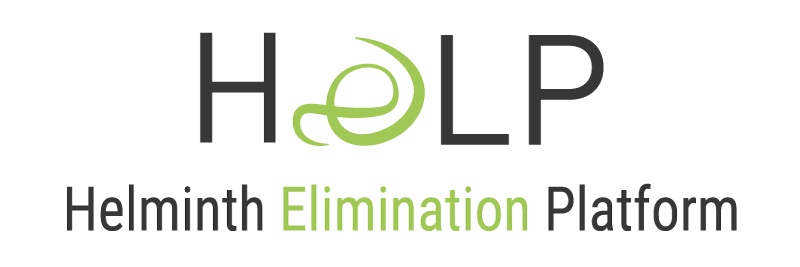

Collaboration for innovation: Establishment of a pan-nematode drug development platform
The Helminth Elimination Platform (HELP) is a consortium of research institutes, universities, not-for-profit organizations, and pharmaceutical companies, formed in 2019 to develop new drugs for infections caused by parasitic worms (helminths). The consortium is focusing on soil-transmitted helminthiases and river blindness (onchocerciasis), since these infections are among the most commonly found neglected tropical diseases.
This project has received funding from the European Union’s Horizon 2020 research and innovation programme under grant agreement No. 815628
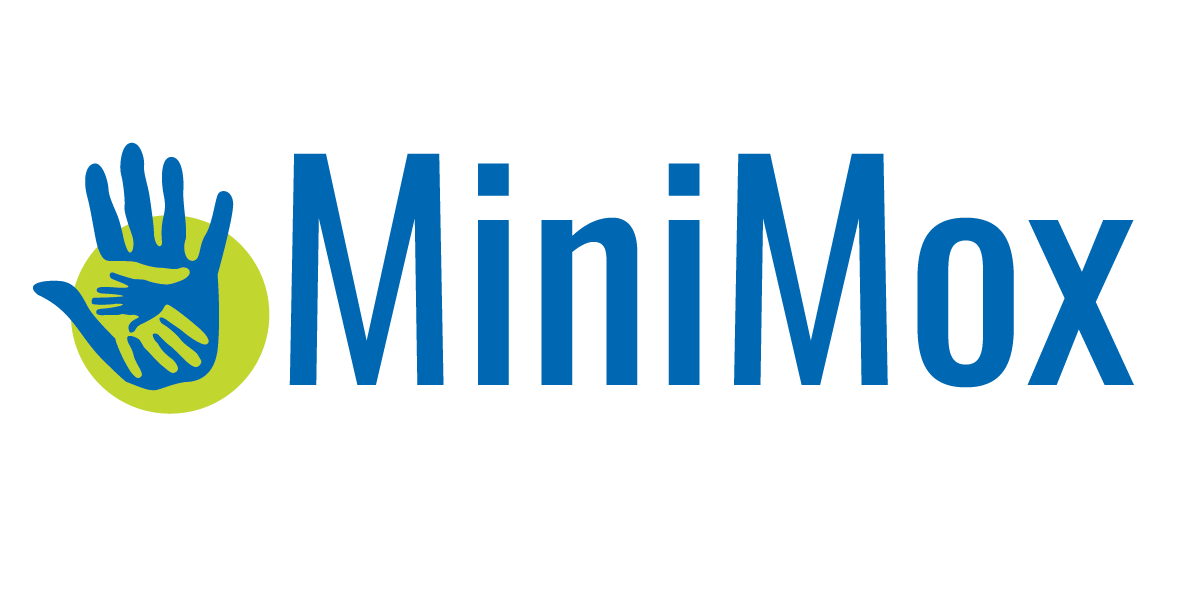
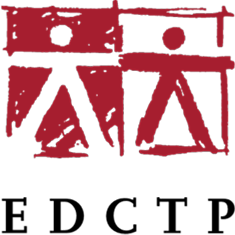
Under the 2019 grant program for paediatric drug formulations for poverty-related diseases, the MiniMox consortium has received €2.1M from the SecondEuropean and Developing Countries Clinical Trials Partnership (EDCTP2) programme and €724,000 from the Luxembourg National Research Fund (LNRF) to co‑fund the development of the new formulation. Medicines Development for Global Health (MDGH) will fund the bench-top development work, GMP-grade manufacturing of a selected formulation for the clinical trial and development of an enhanced population pharmacokinetic model of moxidectin in children and adults.
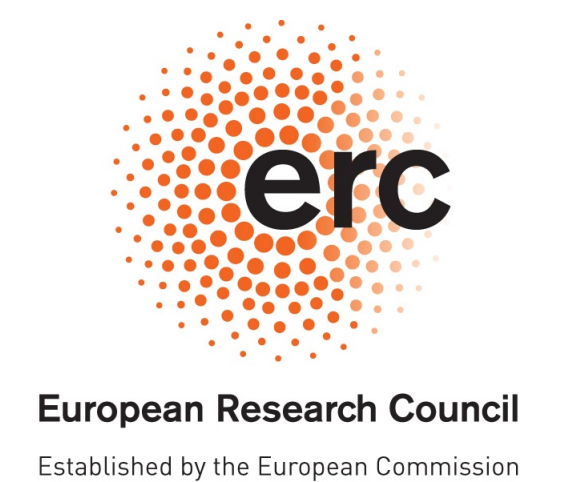
European Research Council https://cordis.europa.eu/project/id/671055

Principal Investigators
Prof. Dr. med. Achim Hörauf, University Hospital Bonn
Dr. med. Ute Klarmann-Schulz, University Hospital Bonn
Prof. Alexander Yaw Debrah, Kwame Nkrumah University of Science and Technology (KNUST) Kumasi, Ghana



